By Supachai Panitchpakdi, the former Deputy Prime Minister of Thailand and the former WTO Secretary-General
(Based on his speech: “Mencius Wisdom: Exchange and Mutual Learning Between Civilization” at the Third Oriental Civilization Summit, Chengdu, Sichuan Province, March 30, 2024.)
Mencius was a famous thinker and educator in the pre-Qin period of China, and a representative of the Confucian school of thought. Mencius put forward the wisdom of "benevolent governance" and the idea of "global community", which is mainly characterized by "preaching benevolence and love" and "emphasizing the people's fundamentals”. Mencius put forward the wisdom of “benevolent government" and the idea of "global community" with the main content of "preaching benevolence" and "emphasizing the people’s fundamentals", advocating peace and harmony, opposing unjust wars, and guiding people to achieve virtues and become good and upwardly mobile, so as to ultimately realize the social ideals of "all things are brought together in benevolence". These thoughts and wisdom are in line with the sustainable development goals proposed by the United Nations, and are of great value to the economic and social development of today’s world.
The case for civilization based globalization
The global economic and political scenario has become more complex from year to year. The overarching polycrisis of the last few years has pushed the world to the brink of unprecedented disasters, not only from the trade and tech wars but also from the real war and the war against a fierce pandemic. While the simmering crises would demand more bridge-building among nation states, we are instead witnessing a threatening deglobalization process.
So much so that sometimes economists fail to find the appropriate solutions or to offer warning signal of the pending crisis. It was reported that when Queen Elizabeth went to visit the London School of Economics and Political Science (LSE) after the 2007–2008 global recession, she asked the most pertinent question of why all the economists had not seen this crisis coming.
It highlights the practical fact that human behaviour is not always rational or based on clinical mathematical calculations of various probabilities. Professor Daniel Kahneman, psychologist by profession and a Nobel Laureate in economics, reminds us in his book Thinking Fast and Slow of the perils of overconfidence, particularly in the way we think we understand the world. It is interesting to note that in his book Kahneman also brings up the issue of norms that people subconsciously apply when judging a situation. Norms bring to mind also the cultural background that sometimes seems to be overlooked in general economic analysis.
The issue of environmental protection is another case in point. Although we understand that ecological deterioration is mainly anthropocene—driven by human beings—people are oblivious to the fact of annual global warming records. We become keenly conscious of this fact only when we begin to suffer from all negative consequences of climate change, eg. desertification, flood and droughts, spread of new pandemics. It is why when mankind is reminded of our background of love for nature (present in most Eastern philosophies), the perception of environmental preservation can be taken more seriously. This is reflective of the important role that this cultural trait—a civilizational factor—could be involved to support the case of the UN climate goals.
The key words of understanding, tolerance and compassion again denote some underlying fundaments of Eastern philosophy. It was therefore said that the value of anthropology is to provide transnational cultural linkages that should underpin globalization. This can work both ways as Western values could also be adopted to enrich Eastern civilization, as we have seen in the areas of freedom and liberty. The French revolutionary creed of Liberté, Egalité, Fraternité from the old days still rings true today for both the West and the East.
Therefore it is worth to pursue the thought that globalization with a human face should be guided by civilizational values. In September this year (2024), the UN will be holding a special session called "Summit of the future" wherein massive efforts should be made to reengineer the UN system (UN 2.0), reinvigorate multilateralism, boost implementation of existing commitments and move beyond GDP in measuring sustainable development success. Civilizational values could be inserted in the UN debates to ensure a more inclusive multilateral system.
Polycrisis and philosophy
As the world lurches from crisis to crisis, ranging from financial to trade and physical hostilities, governments are threatened with the depletion of corrective policies. When it comes to human consequences from civilizational background, it appears to be most efficient for exchanges of cultural perception to help in managing the most balanced outcomes of this cultural and economic trade-off.
The longevity and the progress of ASEAN as an economic grouping with multicivilisational membership is testimonial to the manageability and viability of cross-cultural cooperation. The infusion of Confucian work ethics appears to have worked common magic for the economies of East Asia. In principle, ASEAN political members will not seek to interfere with each other’s internal affairs. Members would work on commonalities to strengthen further integration in economic, social and political fields. In spite of some outsiders' scepticism on alluded lots of talks and no action, ASEAN has moved into a wide open regionalism now taking on centrality role in the new free trade agreement with the name of Regional Comprehensive Economic Cooperation that includes the likes of China, Japan, Korea, Australia and New Zealand. Although the crosscivilisational nature of this partnership has become even more diversified and impressive than before, it apparently does not hinder further progress towards more Asian-wide cooperation.
The polycrisis, as coined by the historian Adams Tooze, has exacerbated the complex paradigm of VUCA (Volatility uncertainty, complexity, ambiguity). To tackle VUCA effectively we need to return to the basic existential foundations of our civilizations, mainly the real humanitarian values of compassion, sacrifice, selflessness, empathy, and benevolence.
Governance and Mencius' wisdom
In spite of above-mentioned possibilities in applying cross-civilizational values to mitigate our global problems of uncertainty and complexity, doubts still linger on the likelihood of clashing along civilizational lines. The pioneering study from 1996 by Samuel Huntington pointed towards cultural communities and the fault lines between civilizations as becoming the central lines of conflict in global politics. There is not to be a universalization of Western liberal democracy. And peace in a multicivilizational world is to be found in civilizations’ commonalities.
Just like the World Bank and the International Monetary Funds, the heads of the WTO had always been sourced from the Western world. With my presence, one of the key international organizations appears to be accepting the cross-civilizational management for the first time. During my watch a number of least-developed countries gain accession to the WTO for the first time.
It is therefore of great importance that such practical cross-civilizational build-up be brought on to a more global governance level. To let civilization play a further catalytic role at the international order level, the following issues and anomalies should be taken into account:
1. Any country or group of countries must refrain from believing in the universality of its own civilization. Starting with key international economic institutions which should not be preordained to be managed only by representatives from Western civilizations. This should be in tune with the Global Civilization Initiative (GCI) as launched by China in 2023. In forging a more inclusive and collaborative global community through principles of equality, dialogue, inclusiveness and harmony, we may be able to build up a civilization-based governance.
2. Humankind affects our best side in jointly dealing with the fight against the pandemic COVID-19. Successful vaccines to push back the disease were discovered and brought to the people within one year, which is unprecedented compared with other cases of pandemics. This has been a cross-civilizational efforts with several breakthroughs being pieced together from various laboratory sources around the world. On the other hand, the distribution of the vaccines left a lot to be desired in terms of inequity connecting different civilizations. A key value of 'public spirit', common in most civilizations, could have been fully evoked.
3. The value of 'filial piety' is deeply ingrained into the civilizations of the East from time immemorial. Family ties are at the very heart of virtue and ethics and sometimes can even have strong professional bearings. As civilization-based governance should attach stronger emphasis on 'happiness' and ‘inclusive growth’ rather than growth per se, the revival of family value should be high on the global agenda.
4. The global governance avenue opened up by the Belt and Road Initiative (BRI) should lend itself for taking up cross-civilizational values and commonalities. In my book The Belt and Road Initiative: Pathway Towards Development-led Globalization, I have drawn a comparison with the original Silk Road: “As with the ancient Silk Road that functioned, besides trade relationship, also as a conduit for cultural and philosophical streaming, the New Silk Road should also be paved with structural construct to enhance better people-to-people understanding. Values and philosophies that have been part of the Asian cultural heritage could help pave the way for greater acceptance of inclusive globalization.”
The single global effort at linking governance with civilizational values is the United Nations' set of Sustainable Development Goals (SDGs) launched in 2015 with the aspiration to achieve its goals by 2030, sometimes called Agenda 2030. The transforming our world agenda of SDGs aspires to cover comprehensive areas of environmental, social and economic issues. At the same time, the new agenda does not impose the transforming effort only on the low-income countries alone, but also on the high-income ones as well. SDGs' 17th goal which seeks to revitalize the global partnership for sustainable development, could be buttressed by more civilizational exchanges to share essential values to enhance trust. The principles of five P's which guide in SDGs (peace, people, partnership, planet, prosperity) are comparable with some of Mencius’ philosophical lessons.
On peace. Peaceful and inclusive societies are necessary conditions to foster sustainable development. As Mencius believed that men are born good by nature, a virtuous and benevolent leaders could construct a benevolent governance and should bring peace and happiness to all people. They should be virtuous in not seeking only 'profits' for the states for example in terms of taxation, but to assist and allow the people to decently earn their living and make their contribution by educating and civilizing the people.
On people. As with the UNSDGs’ main strategy to construct people-centred economies, 'people' are also front, back and center of Mencius thought. In his belief in the inherent goodness of human being, the philosopher advised that people should be more most prized by state sovereigns who "should love his people and guarantee the people’s interests". He advised that not to requisition labour force in farming season, avoid excessive taxation and lighting taxation, repeat emphasis on education, and for rulers to rule by benevolence by means of morality and justice and by showing love and care for the common people
On partnership. This "P" of partnership embedded in the Agenda 2030 is all the more relevant today as the trend of deglobalization has been gaining traction. Although Mencius did not deal with "partnership" as such, his core doctrine of "benevolent and virtuous" governance was further developed from the original Confucian "benevolence". "Benevolence" and "harmony" are actually values that should form a foundation for a civilization-based governance. Mencius described harmony in terms of bonds of humanity expressed as righteousness, attention and fidelity. In the SDGs goal number 17 of "partnership in development", there needs to be a means to revitalize global partnership and maybe “trust” and “fidelity” could be the values we can instill in countries to reach this goal.
On piety. This 'P' is not one of the five basic tenets of the UN Agenda 2030. But it may well be an intrinsic part of the other two 'P's' of Planet and Prosperity of the UNSDGs. For the planet's ecology to be well protected and prosperity to be inclusive we may need a set of 'piety' among people around the world. Admittedly in Mencius' time 'piety' was used in relation to 'filial piety' which traditionally lies at the very heart of ethics and virtue in all civilizations. "Sustainability" can also be encapsulated as "filial" responsibility, a form of allegiance to the next generations of mankind that should be provided with a better world. Seen in this modern light, the wisdom of Mencius and Confucius should not be lost on us and should still be valid and practicable 3,000 or more years on.
Invited by Cui Bailu
Edited by Wang Zonghan
2024.8.18
About the Author:
Supachai Panitchpakdi, the former Deputy Prime Minister of Thailand, is now the Chairman of the Advisory Board of The Mencius Foundation. He is also the former Secretary-General of UN Trade and Development Conference and the former WTO Secretary-General.









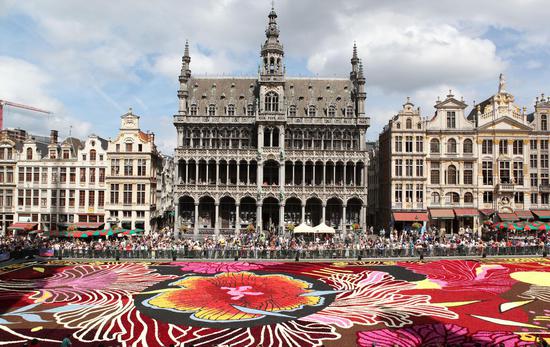
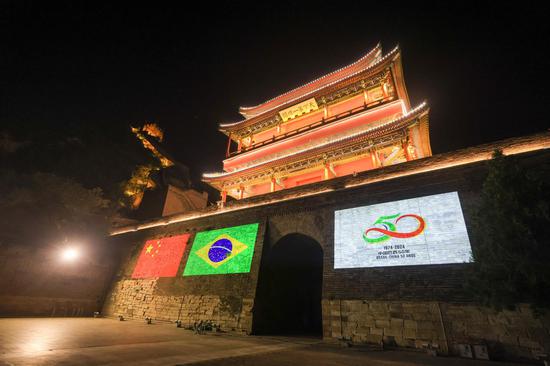


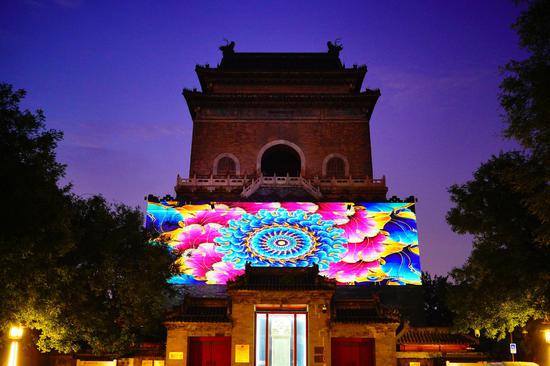

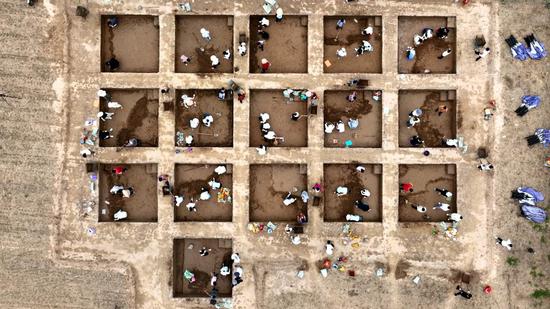
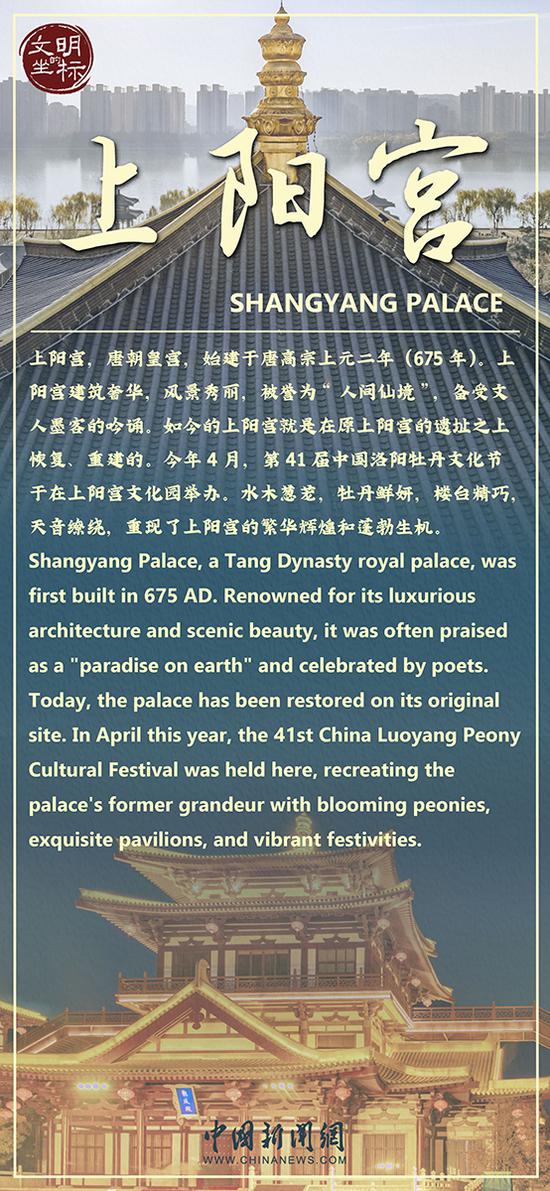












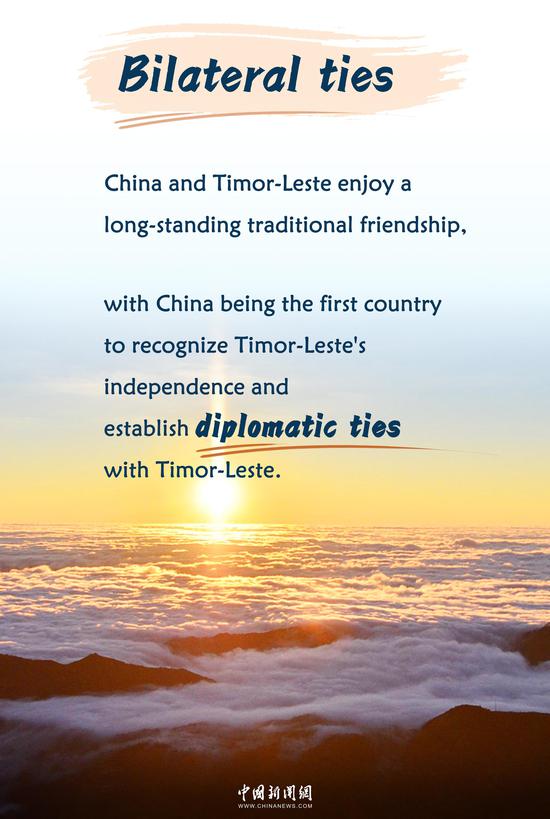
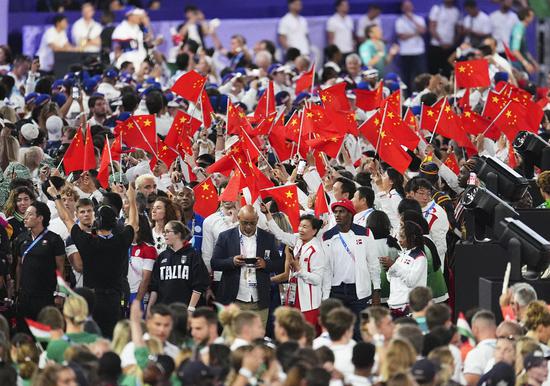





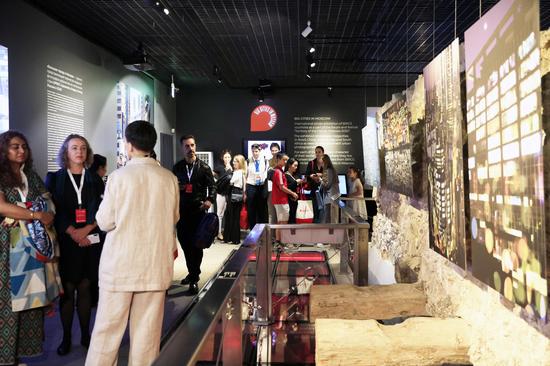
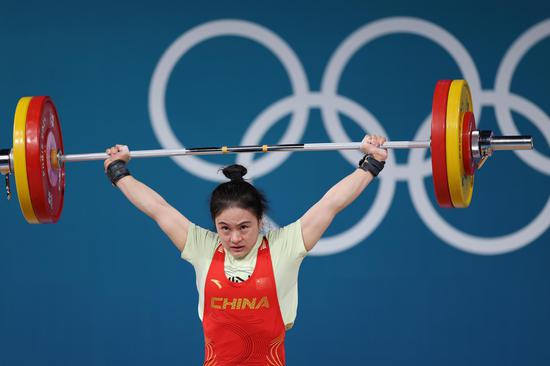
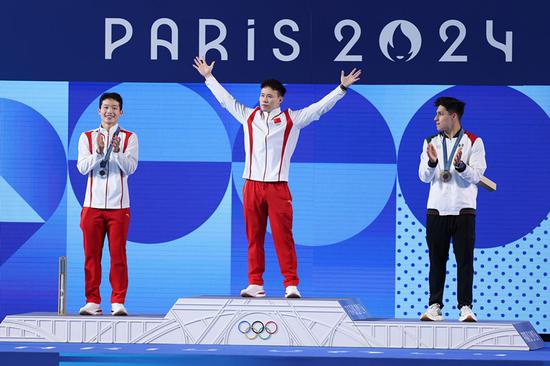



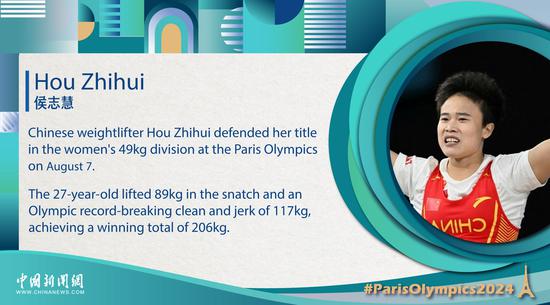
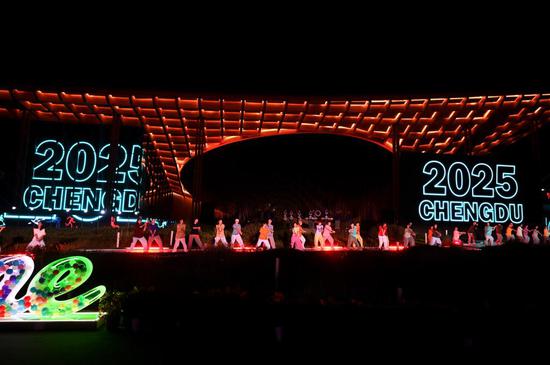




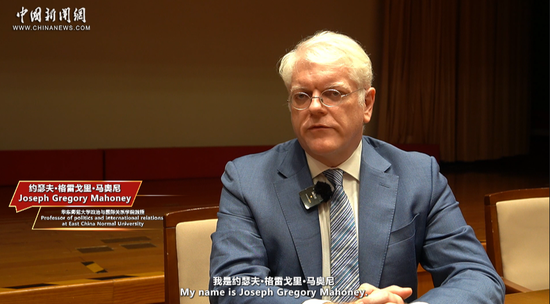

 京公网安备 11010202009201号
京公网安备 11010202009201号